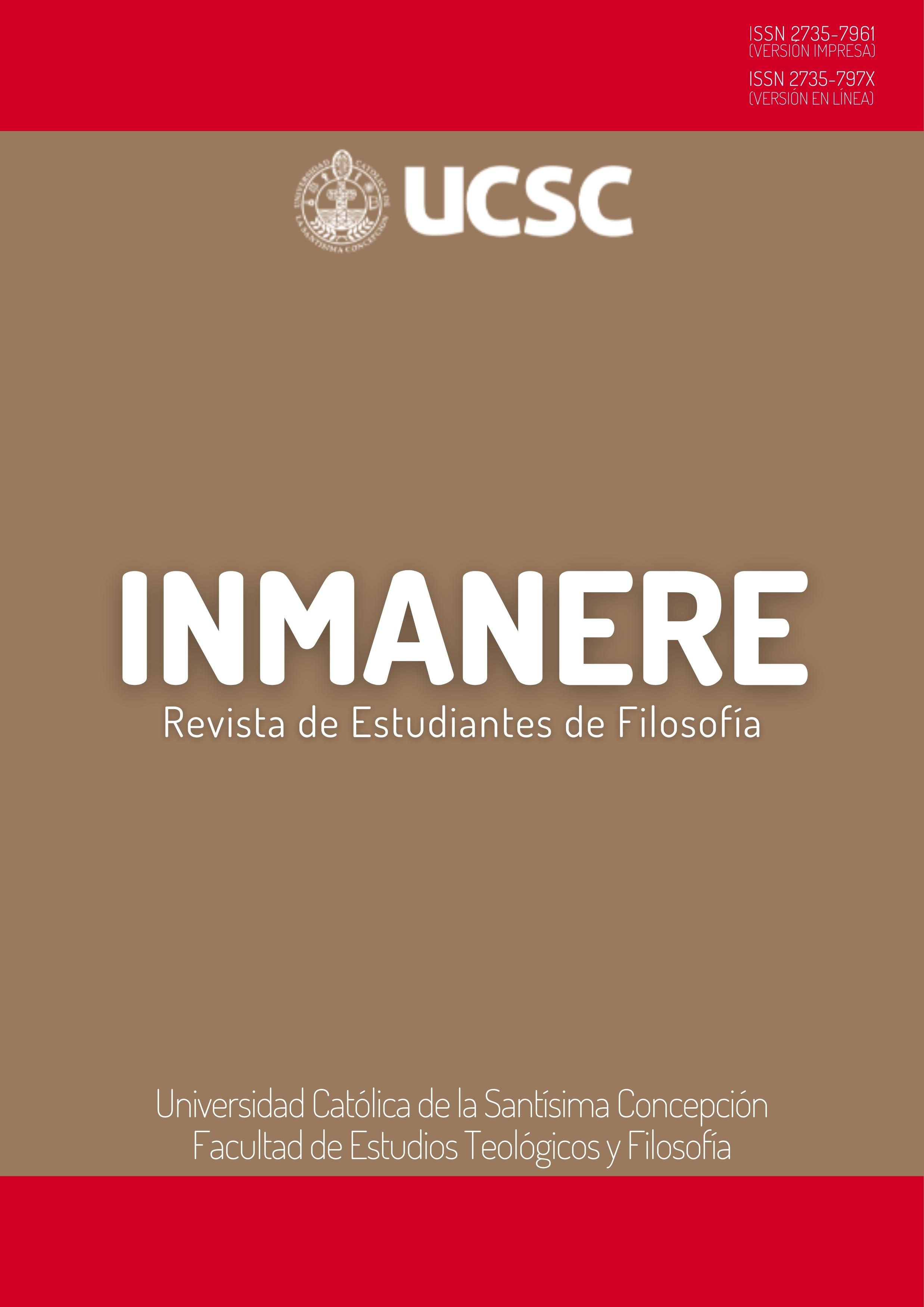¿Es Platón un atomista? consideraciones acerca de los cuerpos primarios y su constitución
Contenido principal del artículo
Resumen
El texto presenta un análisis del diálogo platónico Timeo con respecto a la composición de la materia que constituye el mundo generado. El objetivo es responder a la pregunta de si Platón es un atomista y, si lo es, en qué sentido. Para esto se analizan tres propuestas: el atomismo de Demócrito, el atomismo de superficies, y el atomismo matemático, basado en la propuesta antiatomista de Brisson y Ofman, más el análisis desde la química de Di Giacomo. El estudio se centra en la conformación de la materia y en la composición del Universo. Se plantean dos principios que deberían tener las propuestas atomistas: la teoría de la constitución del universo que está basada en cuerpos mínimos que forman la totalidad del mundo y son intercambiables entre ellas y, simplifica la composición del Universo. Se concluye que Platón no es un atomista en el sentido estricto de la palabra, pero su teoría comparte algunas similitudes con el atomismo; como la idea de que la materia está compuesta por partículas mínimas y la importancia de la proporción en la conformación del Universo.
Detalles del artículo
Sección

Esta obra está bajo una licencia internacional Creative Commons Atribución-NoComercial 4.0.
El trabajo se encuentra licenciado bajo una Licencia Creative Commons Atribución 4.0 Internacional. Esta licencia permite la compartición y adaptación del material en cualquier medio o formato, incluso con propósitos comerciales. Es necesario otorgar la atribución adecuada, proporcionar un enlace a la licencia y mencionar si se han realizado cambios en el material. No se pueden aplicar restricciones adicionales que limiten legalmente a otros a realizar cualquier uso permitido por la licencia.
Cómo citar
Referencias
Aristóteles. (1995). Física. (Traducción y notas por Echandia, G.). Editorial Gredos.
Ballesteros, R. (2017). Dios siempre hace geometría: Análisis de las disciplinas matemáticas en el diálogo Timeo de Platón (Tesis de maestría). Universidad Libre de Colombia.
Brisson, L., & Ofman, S. (2020). The mathematical anti-atomism of Plato’s Timaeus. Ancient Philosophy, 40(2), 355-366.
Cornford, F. M. (1937). Plato’s Cosmology: The Timaeus of Plato. (Traducción con comentario). Bobbs-Merrill Company.
Di Giacomo, F. (2020). Early theoretical chemistry: Plato’s chemistry in Timaeus. Foundations of Chemistry, 23(1), 17–30. DOI: https://doi.org/10.1007/s10698-020-09364-6
Euclides. (1994). Elementos. Libros V-IX. (Traducción y notas por Puertas, M.). Editorial Gredos.
González, P. (2006). Platón y la academia de Atenas. NIVIOLA libros y ediciones, S.L.
Lanza, N. (2015). Matemática y física en el Timeo de Platón: Poliedros regulares y elementos naturales. Praxis Filosófica Nueva Serie, 40, 85–112. DOI: https://doi.org/10.25100/pfilosofica.v0i40.3013
Platón. (1999). Diálogos IX. Leyes libros VII-XIII. (Traducción y notas por Lisi, F.). Editorial Gredos.
Platón. (1992). Diálogos VI. Filebo, Timeo y Critias. (Traducción y notas por Durán, M. y Lisi, F.). Editorial Gredos.
Platón. (Inédito). Timeo. (Traducción por Zamora Calvo, J. M.).
Vlastos, G. (2015). Plato’s Universe. Parmenides Publishing.




